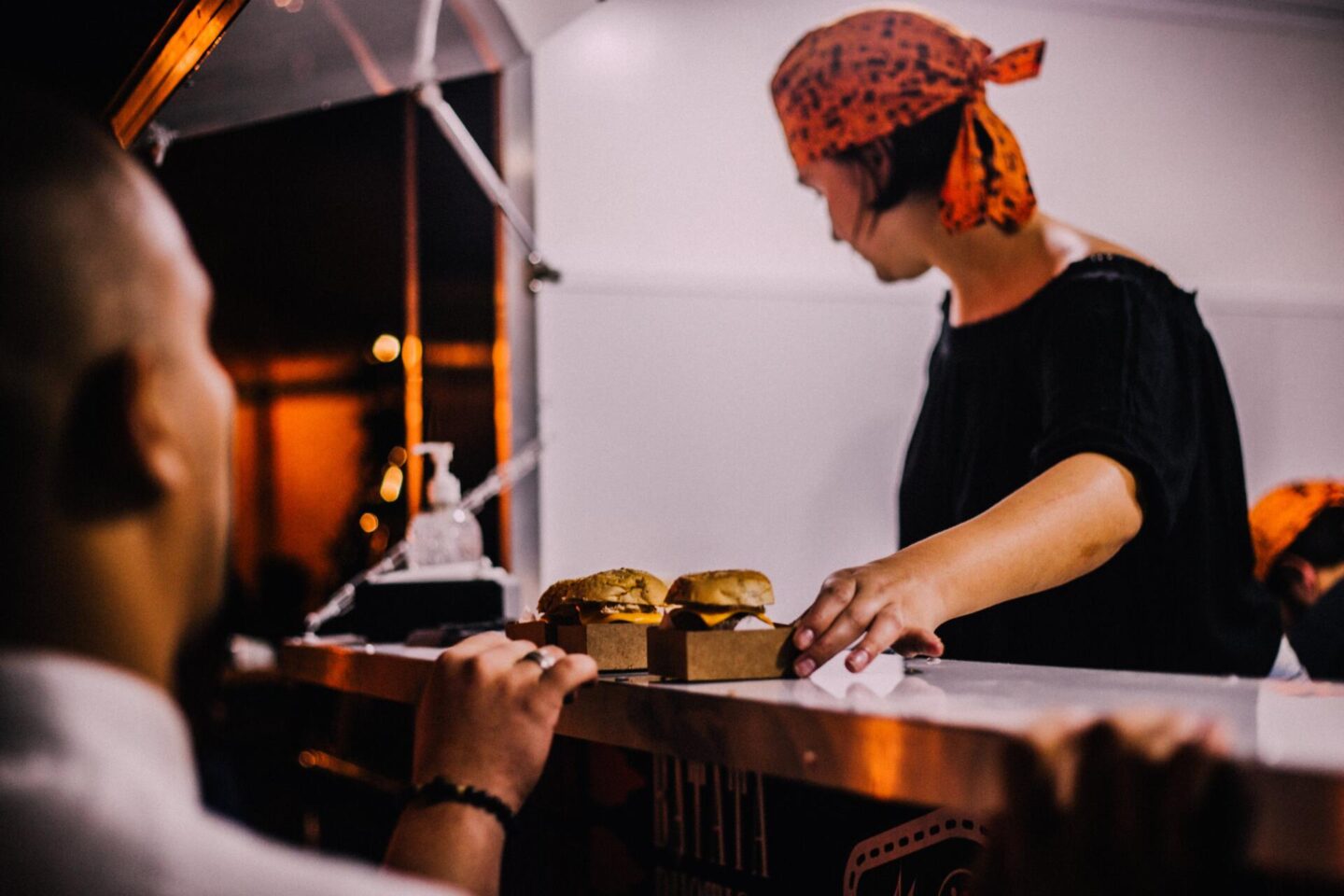
Starting a food truck venture is something that is becoming more popular for individuals looking for business opportunities. The appeal? The freedom to choose your location, menu, and hours, a food truck business is the epitome of entrepreneurial spirit. But let’s not let the allure of street-side cuisine cloud our judgment; this isn’t a journey you undertake lightly. From permits to produce, there’s a whole menu of elements to consider before hitting the open road. So grab a notebook, maybe a cuppa, and let’s delve into the nitty-gritty of setting up your very own food truck business in the UK.
Crafting a Business Plan
Before you even think about what kind of grub you’re going to serve, it’s essential to recognize the importance of having a strong company name and a well-thought-out business plan. A strong company name sets the tone for your brand identity, helping you stand out in a crowded market and making a lasting impression on potential customers. It’s your roadmap, detailing how you’ll navigate the early stages of your business. Think of it as the recipe for your food truck; it outlines the ingredients (costs), cooking time (timeline), and even the seasoning (marketing strategies). A solid plan will not only guide you but also attract potential investors.
Location, Location, Location
Once the business plan is in place, the next crucial step is picking the right location. It’s tempting to choose a spot that’s close to your heart, but it’s essential to go where the people are. Research foot traffic, other food vendors in the area, and local regulations. Even the weather can impact your business; after all, nobody fancies a burger in a downpour.
Legalities and Paperwork
Now, here’s where the rubber meets the road. You can’t just fire up the grill and start selling; there are legal hoops to jump through. In the UK, you’ll need a Street Trading Licence from the local council, public liability insurance, and a Food Hygiene Certificate. The latter is particularly crucial; you can embark on food hygiene training through experts such as iHasco. This can give you the certification and knowledge you need to ensure your food truck meets health and safety regulations. This isn’t just a bureaucratic checkbox; it’s about guaranteeing the wellbeing of your customers.
Financing Your Dream
No venture gets off the ground without capital, and the food truck business is no exception. Consider your start-up costs, including the truck itself, kitchen equipment, and initial inventory. Once you have a ballpark figure, you can explore various financing options. Traditional bank loans are always an option, but don’t rule out other avenues like crowdfunding or seeking out angel investors. Given the popularity of food trucks, you might find people willing to invest in your culinary dream.
Branding and Aesthetics
When most people think about food trucks, their minds often conjure up images of quirky, eye-catching vehicles. That’s no accident; branding is a vital part of the food truck business. From the truck’s design to the logo and even the packaging of your food, every detail should resonate with the brand image you want to convey. You’re not just selling food; you’re selling an experience. Consider hiring a professional designer to help create a cohesive look.

